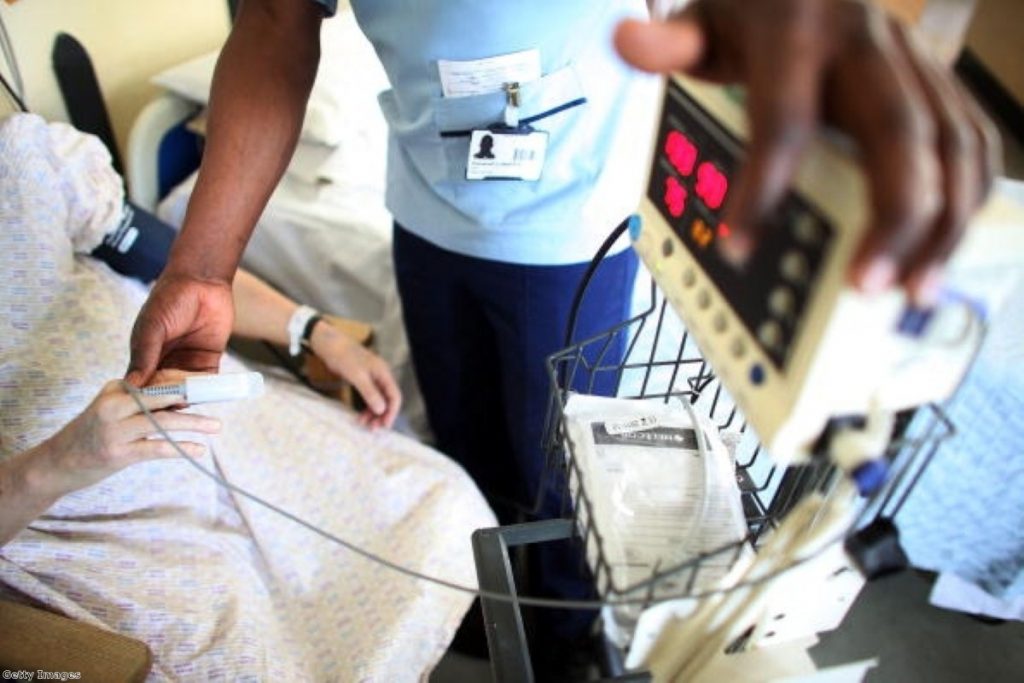Lansley’s reforms ‘hindering NHS efficiency savings’
By Alex Stevenson Follow @alex__stevenson
The government's embattled NHS reforms are hindering the ability of organisations to deliver efficiency savings, MPs have said.
In yet another blow to health secretary Andrew Lansley's proposals to hand commissioning powers to GPs, MPs on the Commons' health committee found that efforts to secure £20 billion of savings by 2015 were being compromised by the proposals.
"Although it may have facilitated savings in some cases, we heard that it more often creates disruption and distraction that hinders the ability of organisations to consider
truly effective ways of reforming service delivery and releasing savings," their report stated.


It warned of "disturbing evidence" emerging that NHS organisations were being forced to take measures described as "salami-slicing" and "short-term expedients" and concluded: "We are not persuaded that the actions currently being planned will allow the situation to be sustainable over the four years of the spending review."
Mr Lansley denied that salami-slicing was taking place on the Today programme
"The select committee report offers no evidence of where that is happening," he said.
"It is self-defeating to cut services for patients to then re-invest to improve them. We are doing it in the right way – reducing demands on hospitals, we are improving services in the community."
Mr Lansley said progress was already being made on the efficiency savings, with £4.3 billion achieved last year.
The report acknowledged that the savings could not be achieved through existing structures.
"Any attempt to do so would result in a combination of inefficiency and poor quality which would (rightly) undermine public confidence in the system and represent an indefensible use of taxpayers' funds," it stated.
"We are concerned, however, that evidence does not suggest that the magnitude of this
challenge has been fully grasped.
"Although it is relatively early days, and there are certainly localised examples of welcome innovation, there is also disturbing evidence that the measures currently being used to try to control the financial situation could fairly be described as 'short-term expedients' or 'salami slicing'."
Committee chair Stephen Dorrell said NHS and local authorities were not meeting current targets in a "sustainable, long-term manner that will maintain high quality, efficient care in the future".
A draft of today's report was leaked at the weekend, prompting calls from the opposition for the coalition to walk away from the health and social care bill.
Both the Royal College of Nursing and the Royal College of Midwives used the one-year anniversary of the bill's first appearance in parliament to demand that it be withdrawn completely.
Plans to increase the cap on private funding for NHS hospitals to 49% have kept concerns alive that the government wants to instil a market dynamic which negatively affects patient care.

